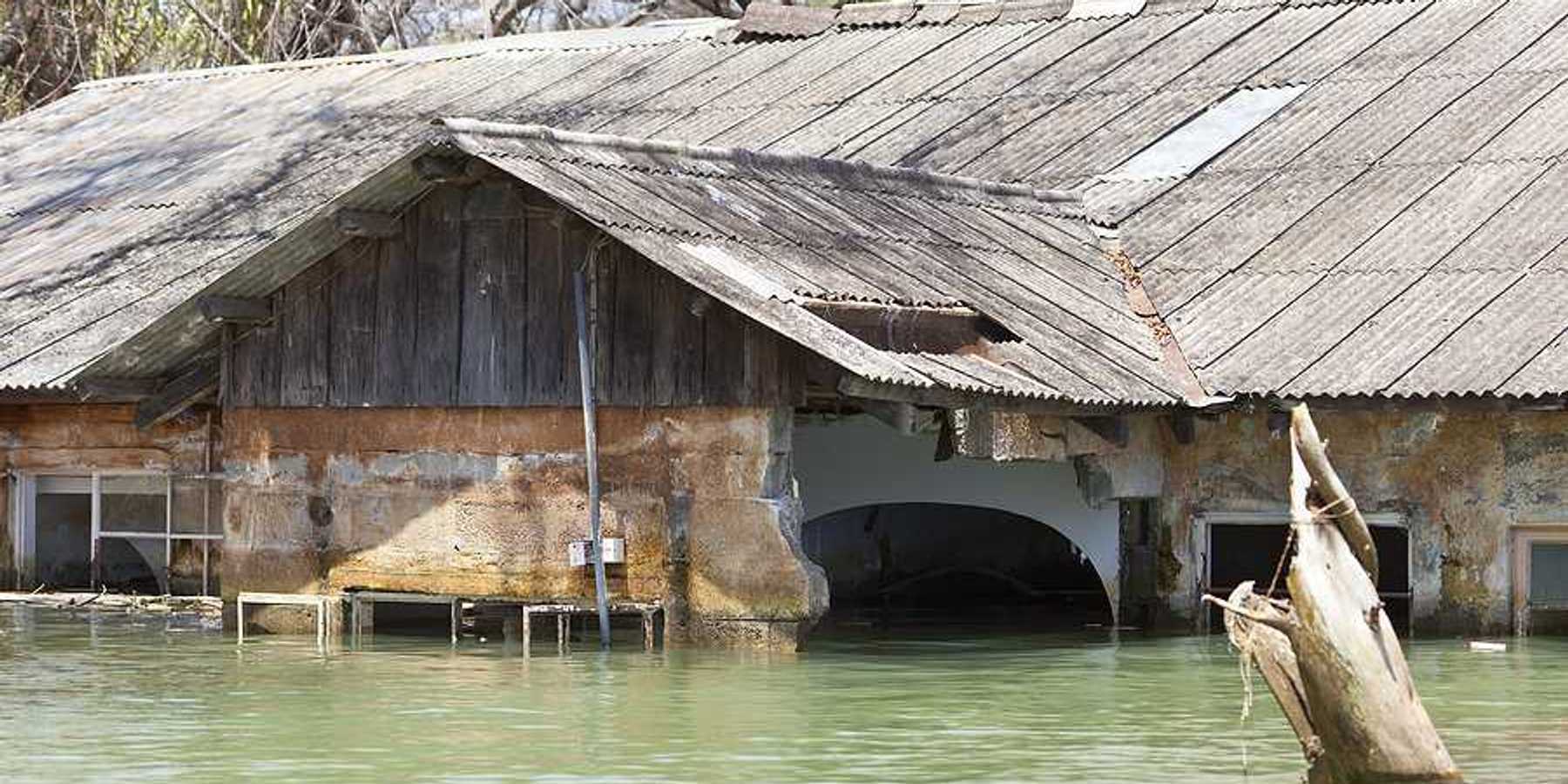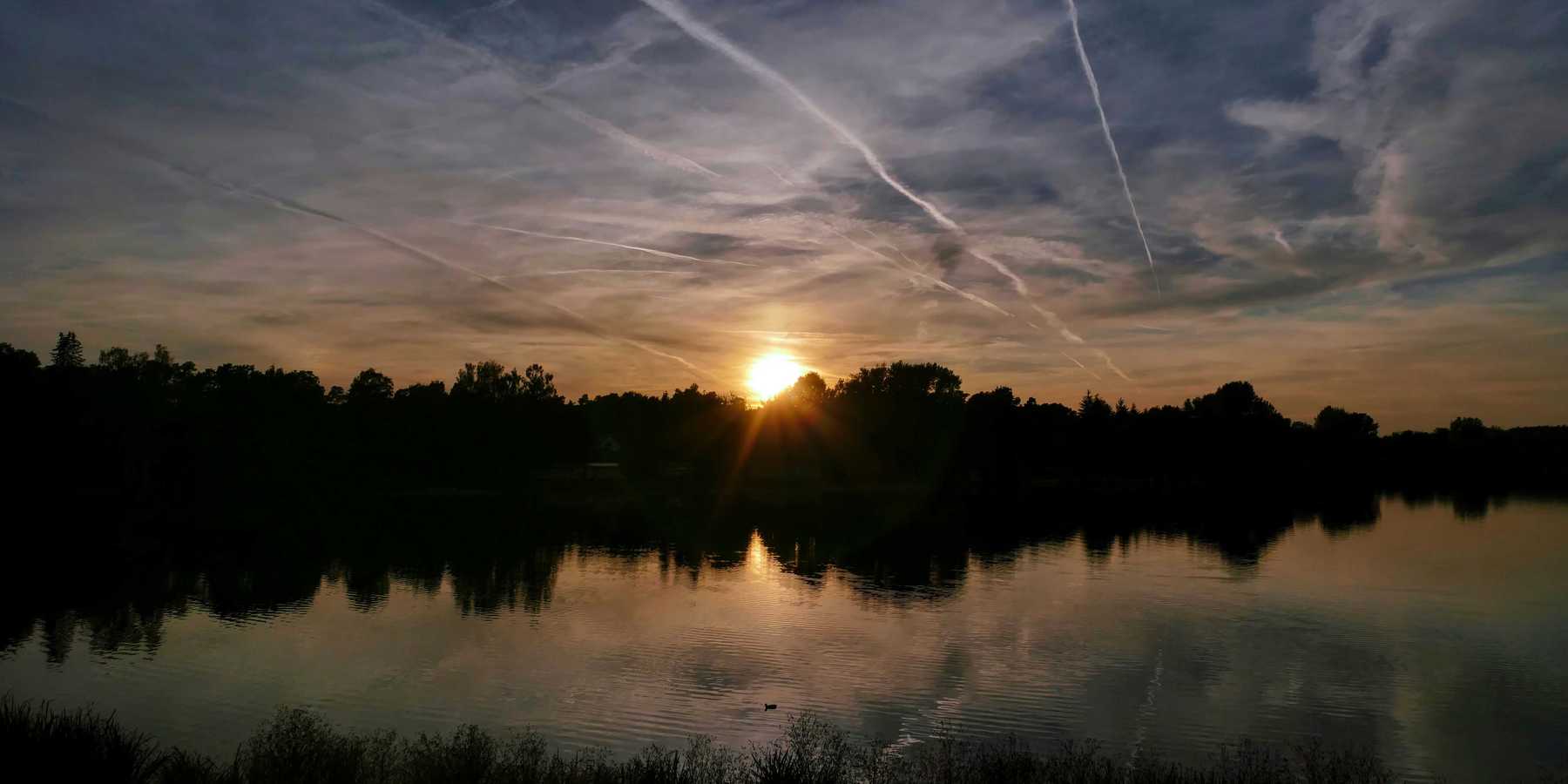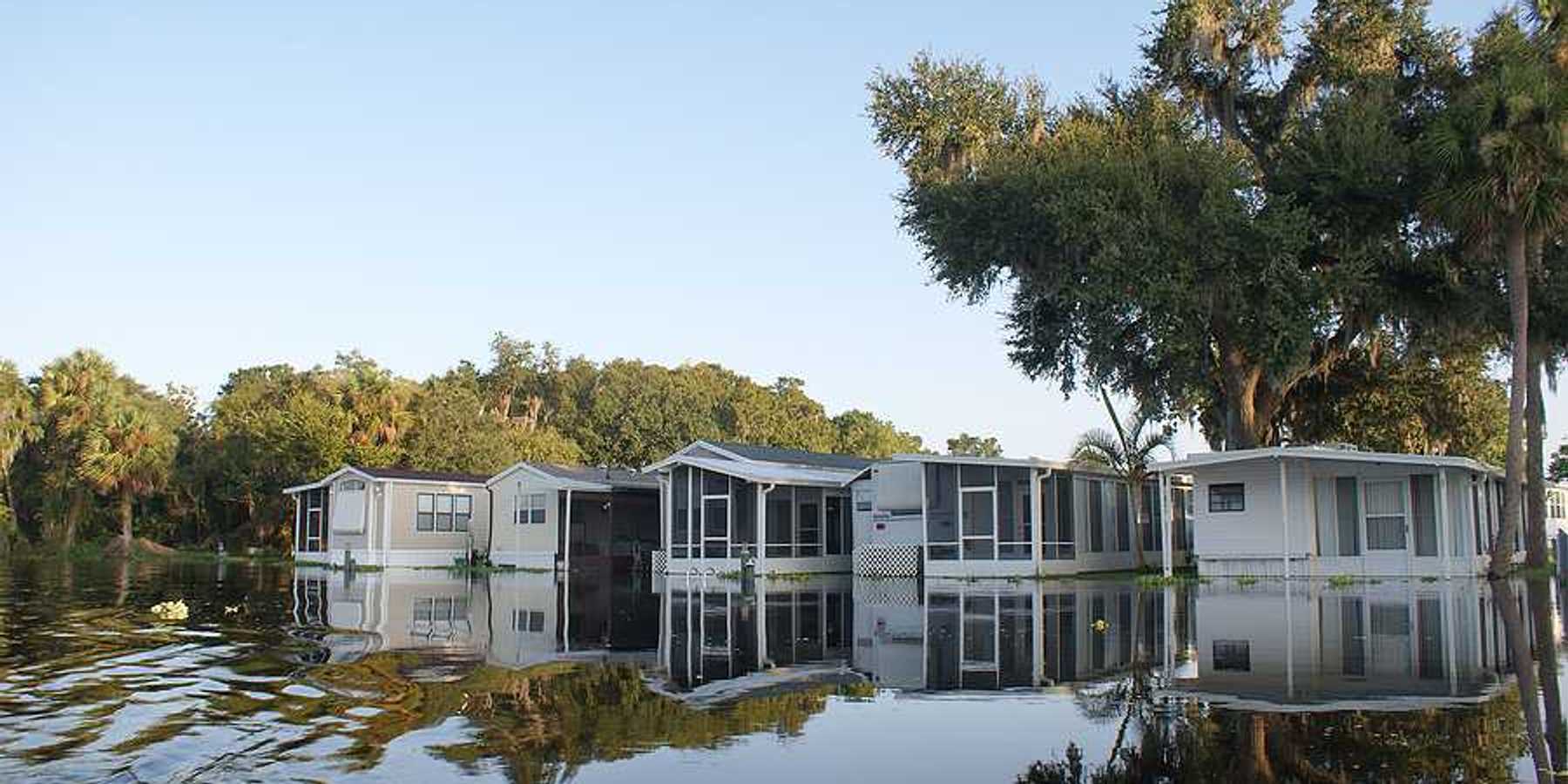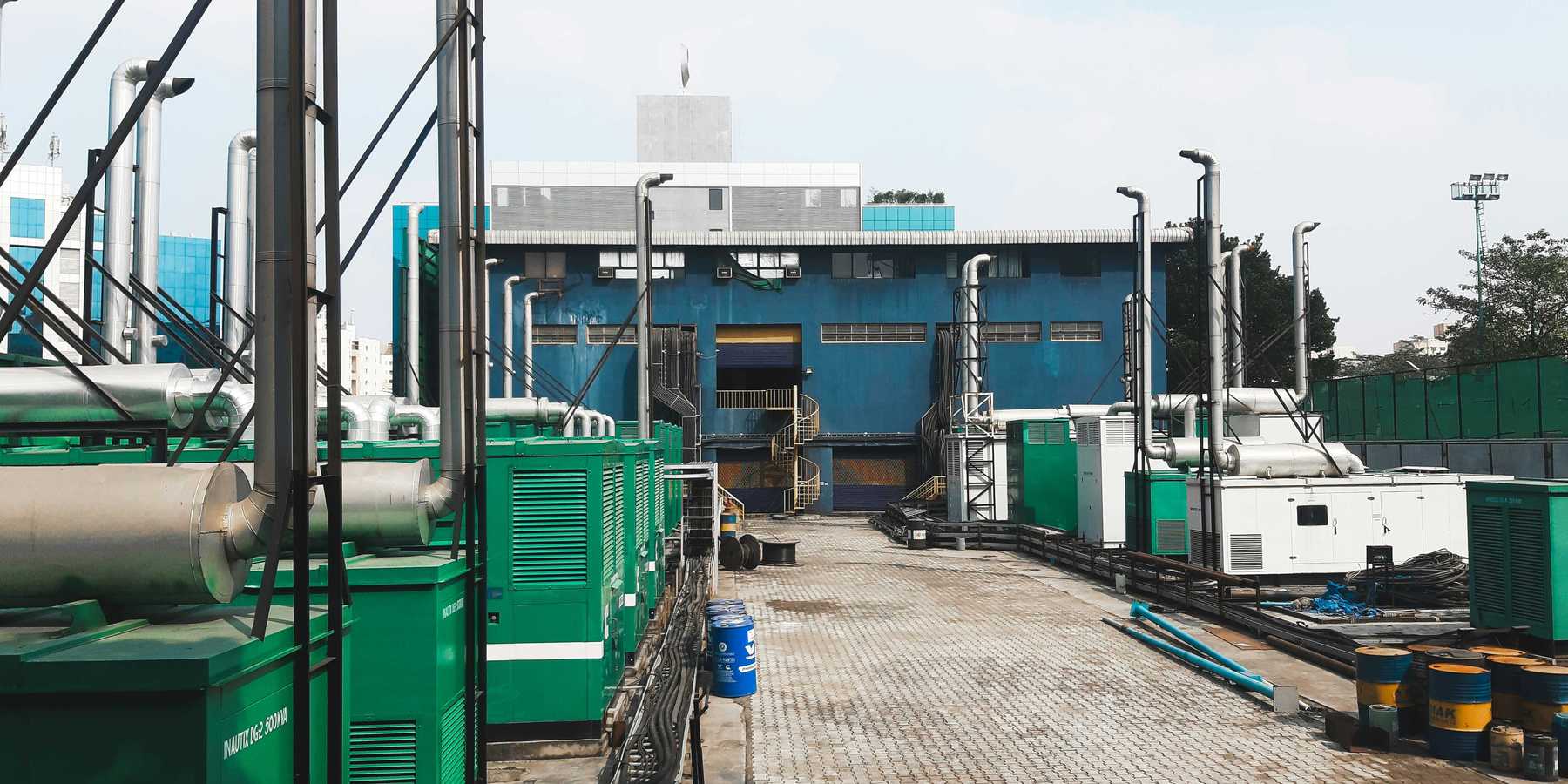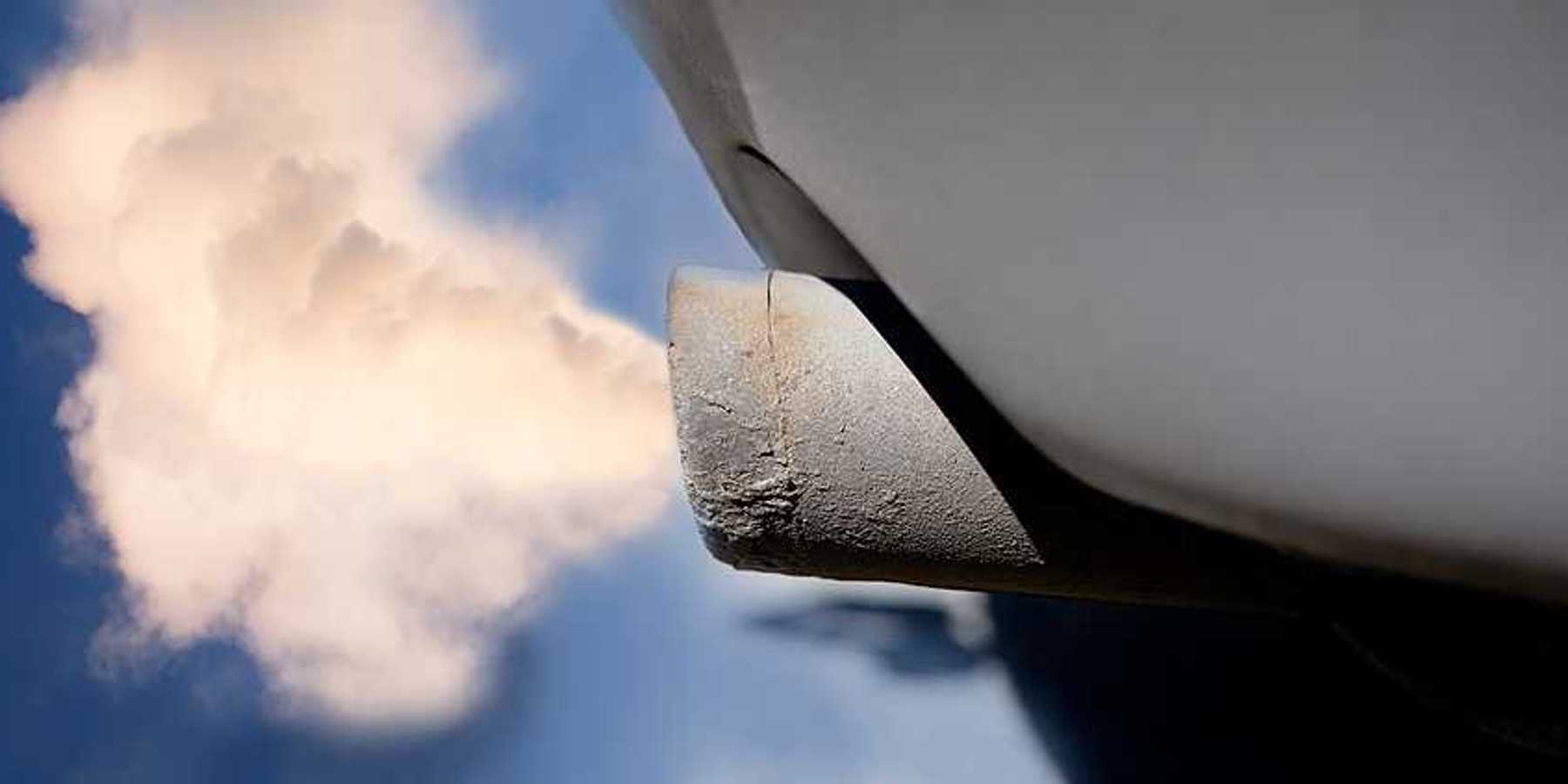Wildfires make it harder for forests to regrow as replanting faces major hurdles
Scientists are grappling with replanting forests after wildfires, struggling to find solutions as climate change, seed shortages and resource gaps widen.
Tammy Webber, Brittany Peterson and Camille Fassett report for The Associated Press.
In short:
- Intense wildfires destroy seed sources, making it difficult for forests to naturally regenerate, especially as climate change worsens conditions.
- The U.S. lacks sufficient seeds, nurseries and trained workers to meet replanting needs, with a reforestation gap of 3.8 million acres.
- Researchers are testing new strategies, like planting different species at higher elevations or near surviving trees to improve seedling survival.
Key quote:
“Trees live for hundreds of years so we need to be thinking about what’s right as we plant trees today. Are we putting the right species and densities on the landscape given what the next 100, 200 and 300 years will look like?”
— Matthew Hurteau, forest ecologist at the University of New Mexico
Why this matters:
As wildfires increase in size and intensity, forests that supply water, regulate climate and support biodiversity may disappear, converting to grasslands and shrublands if replanting efforts fail.
Related EHN coverage:


